2019 Jungle Carpet Python Pair
$849.99
- Morelia spilota cheynei
- Captive Bred
- Approximately 40 – 42 Inches In Length
- Adults Can Grow To A Length Of 5 To 7 Feet
- Agile Hunters Feeding On Live Or Frozen Adult Mice Or Rat Crawlers
- Female has kink on back that does not effect her health
Description
Jungle Carpet Python live in tree hollows and rock crevices and are semi-arboreal. They are frequently linked with River Red Gum and Black Box woods. However, as human development has progressed, they are now frequently found near human buildings, such as in roofs or sheds, where they prey on rats and mice.
Boidae is the name of the generic group that includes both pythons and boas, and they are related genetically. Both snakes are older and have been around for a longer period of time than other varieties like vipers and kingsnakes.
They are extinct snakes, thus on either side of the cloaca (vent), they have spurs that resemble a rear limb. This is a little bone that protrudes from the spine and has a claw on the end.
Labial scales are heat sensitive scales that run along the top and bottom jaws of carpet pythons. They aid in the detection of warm-blooded mammal prey. Other boas and pythons may have these scales as well, although not all of them do, and some only have them on one jaw. They are less sensitive than rattlesnake heat pits.
WE HAVE A 2019 JUNGLE CARPET PYTHON PAIR FOR SALE. BELOW ARE SOME HIGHLIGHTS:
- Morelia spilota cheynei
- Captive Bred
- Approximately 40 – 42 Inches In Length
- Adults Can Grow To A Length Of 5 To 7 Feet
- Agile Hunters Feeding On Live Or Frozen Adult Mice Or Rat Crawlers
- Female has kink on back that does not effect her health
INTERESTING FACTS!
- These Go Through A Dramatic Color Change, Getting Brighter As They Age
- Carpet Pythons Tend To Be Feisty As Babies But Tame Down Well With Handling
- Originating From Australia Occurring In Northeastern Queensland
- This Is A Semi-arboreal Snake That Will Perch If Offered Branches
- Tropical Species That Prefers Temperatures In The Mid To High 80s
- With Proper Care And Handling They Can Live Up To 15-20 Years

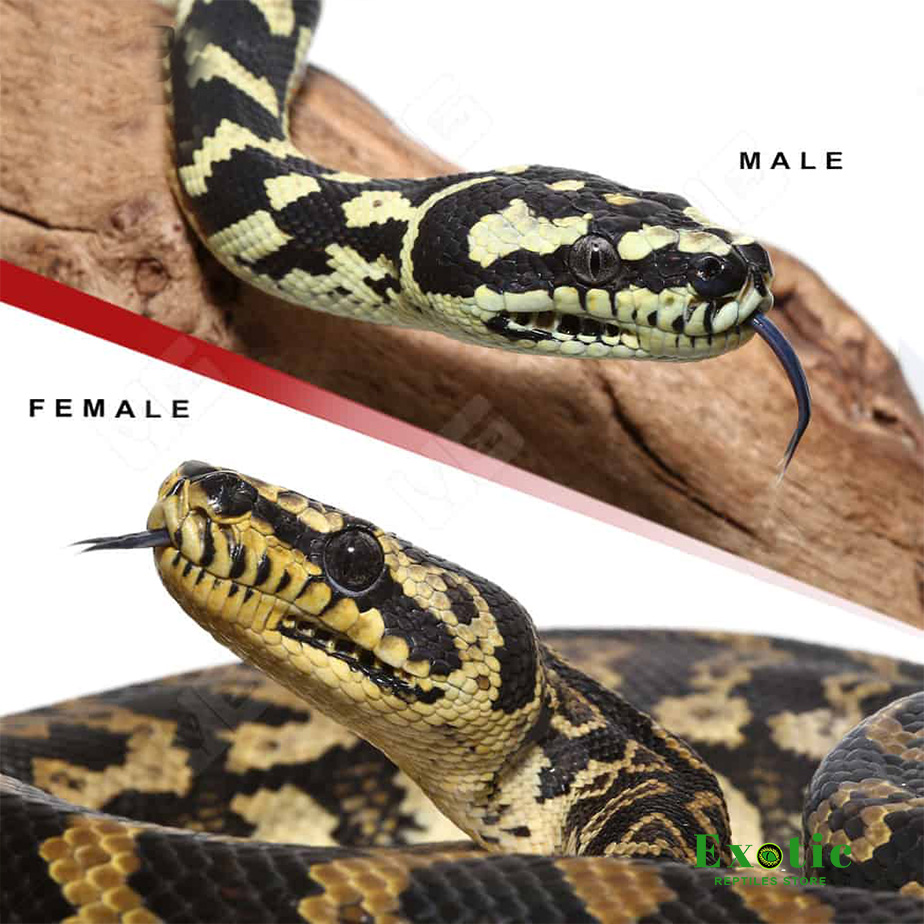
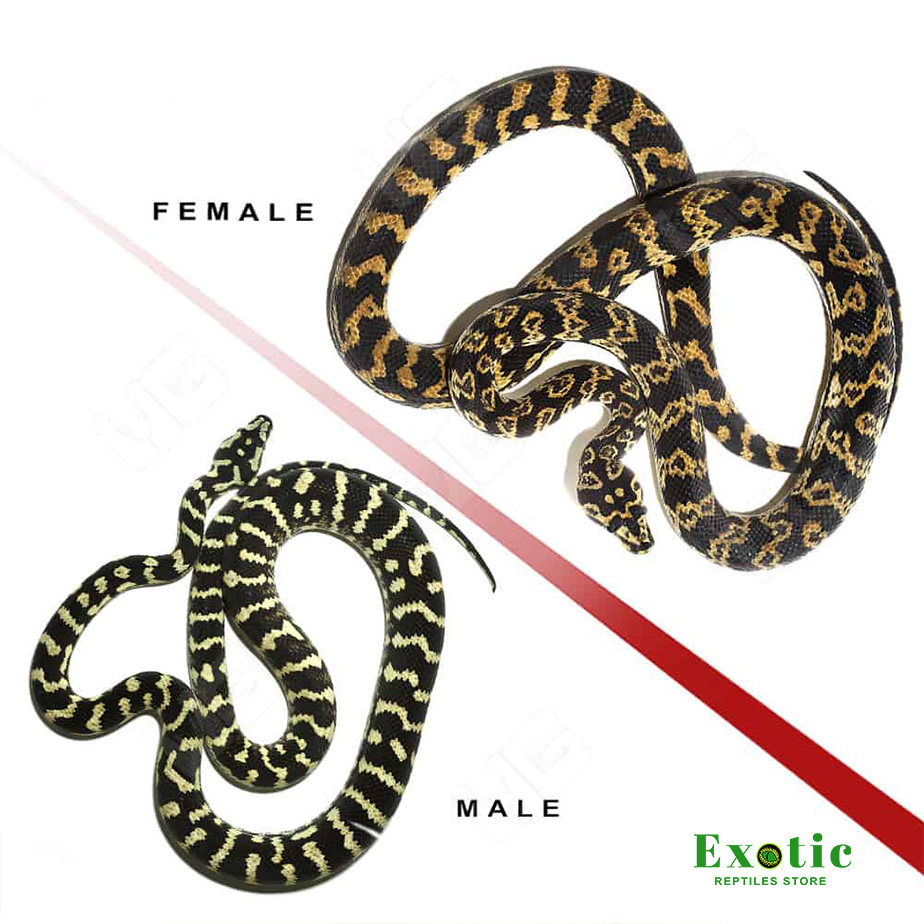
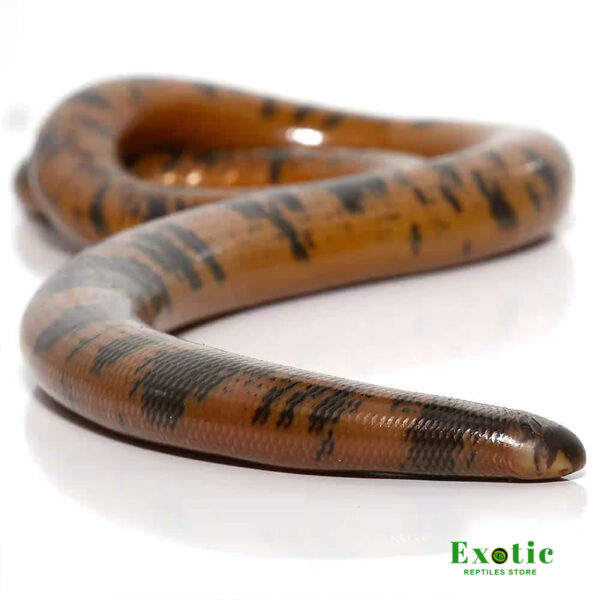
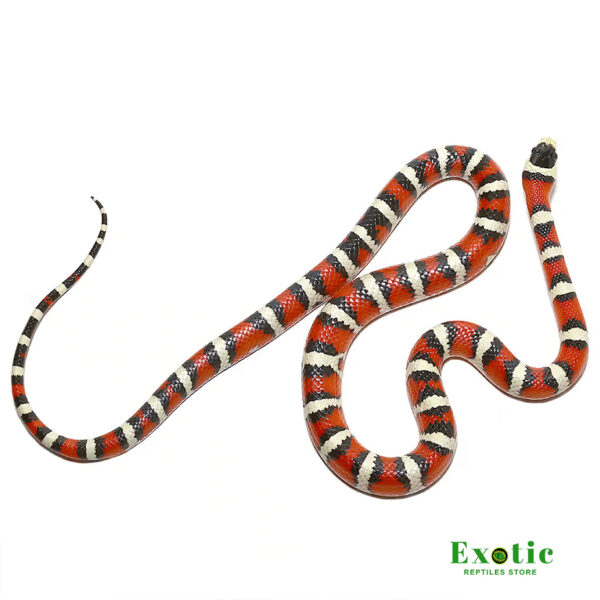
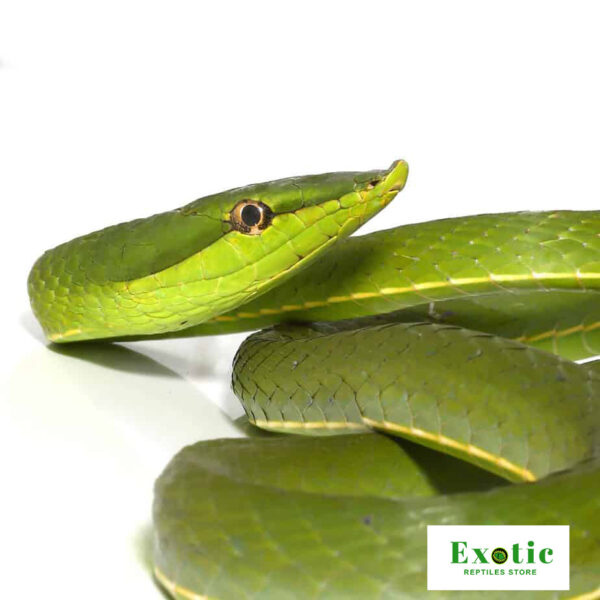
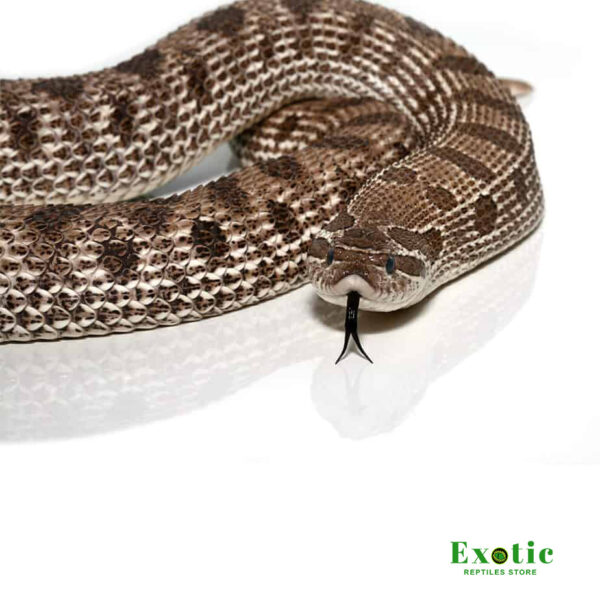
Reviews
There are no reviews yet.